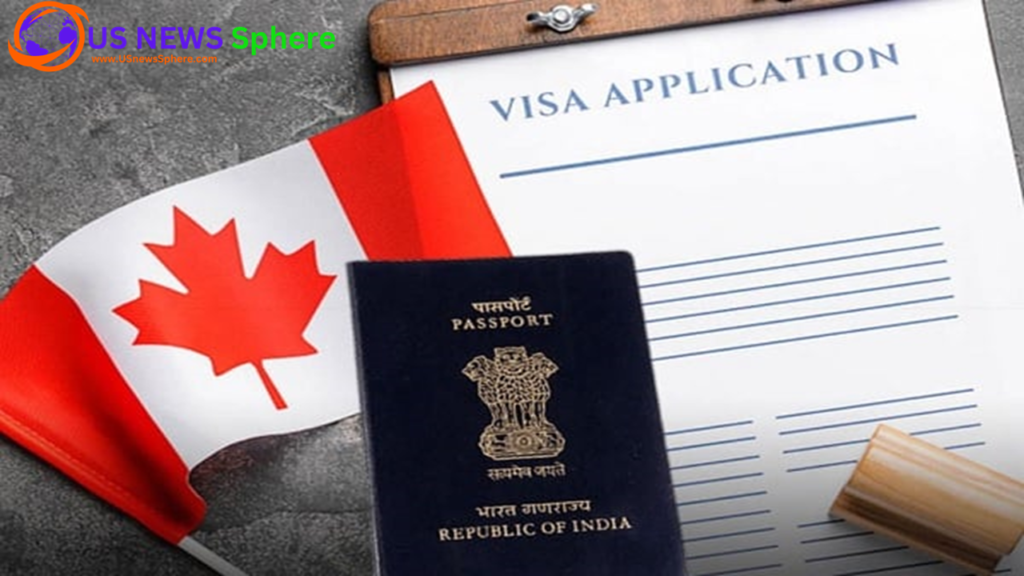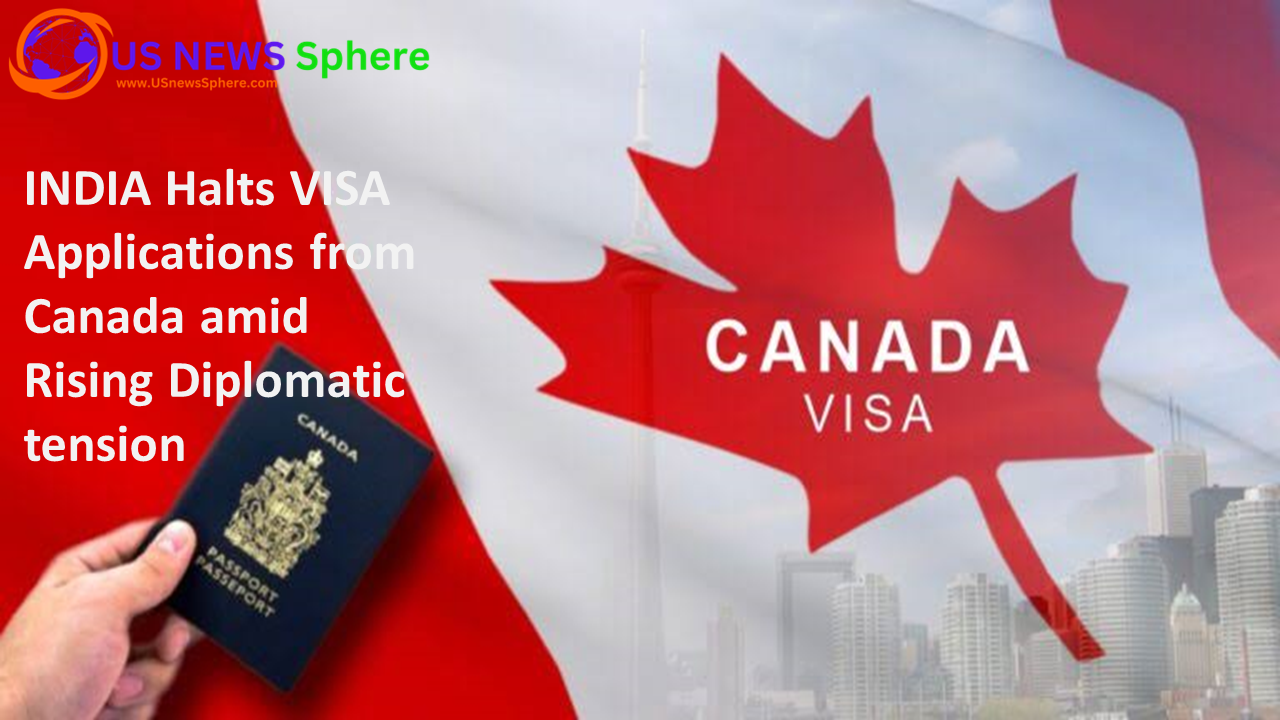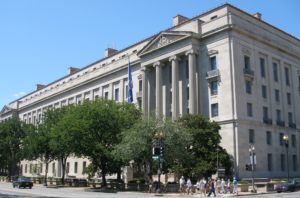In a recent turn of events, India has temporarily suspended visa applications from Canadian nationals. This decision comes in the wake of Canada’s allegations regarding India’s involvement in the assassination of a Sikh separatist on Canadian soil. The diplomatic relations between the two countries have been strained, leading to a series of actions and reactions from both sides.
Table of Contents

Background:
Hardeep Singh Nijjar, a Sikh Canadian citizen and supporter of a separatist cause, was assassinated in British Columbia on June 18. Canada’s Prime Minister, Justin Trudeau, later claimed that there was evidence linking the Indian government to this killing. In response, India vehemently denied any involvement and accused Canada of providing shelter to terrorists advocating for a separate Sikh homeland in India.
Diplomatic Expulsions:
Following these allegations, India and Canada have expelled diplomats from each other’s countries. Canada expelled an Indian diplomat, believed to be the head of New Delhi’s intelligence agency in Canada. In retaliation, India expelled a high-ranking Canadian diplomat from New Delhi. [npr]
Visa Suspension:
Arindam Bagchi, the spokesperson for the Indian foreign ministry, announced the suspension of visa applications from Canadians. He cited safety threats and technical issues as the reasons behind this decision. Bagchi emphasized that the decision was temporary and would be reviewed periodically.
Safety Concerns for Diplomats:
Both countries have expressed concerns about the safety of their diplomats. India issued an advisory for its citizens in Canada, warning them of increasing “anti-India activities” and potential hate crimes. In contrast, Canada has withdrawn some of its diplomats from India, citing threats received on social media.
Canada’s Stance:
While Canada has not disclosed specific details about its intelligence findings related to Nijjar’s death, it has sought India’s cooperation in the ongoing investigation. Prime Minister Trudeau emphasized that Canada’s intention was not to escalate tensions but to present facts and collaborate with the Indian government.
Historical Context:
The current situation is seen as the lowest point in the diplomatic relations between India and Canada. India has previously accused Canada and other Western countries of not taking action against extremist Sikh groups advocating for Khalistan, a proposed independent Sikh nation in India’s Punjab region. On the other hand, Canada maintains that it respects its citizens’ right to freedom of speech and political advocacy.
Navigating Diplomatic Waters: A Path Forward
The unfolding diplomatic scenario between India and Canada serves as a testament to the intricate dance of international relations. While the current tensions are palpable, it’s essential to remember the longstanding ties and mutual respect that have historically bound these two nations. As both countries grapple with the present challenges, it becomes imperative to approach the situation with open dialogue, understanding, and a commitment to resolving differences. The hope is that diplomacy will pave the way for renewed trust, ensuring that the bonds between India and Canada remain unbroken and continue to flourish in the years to come.
.





